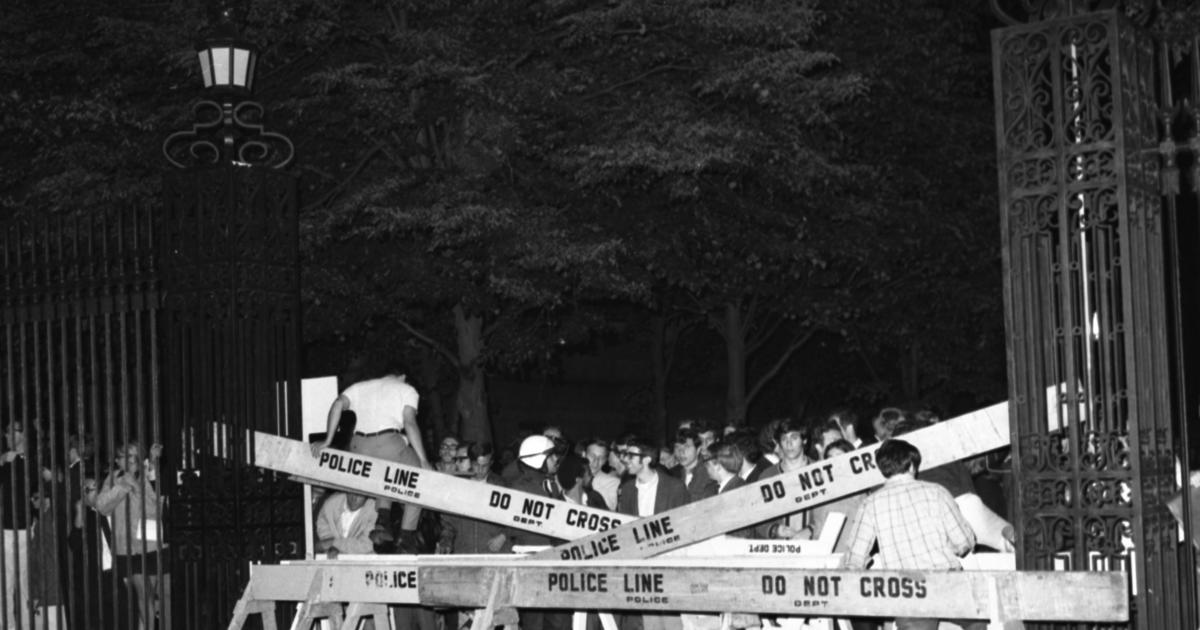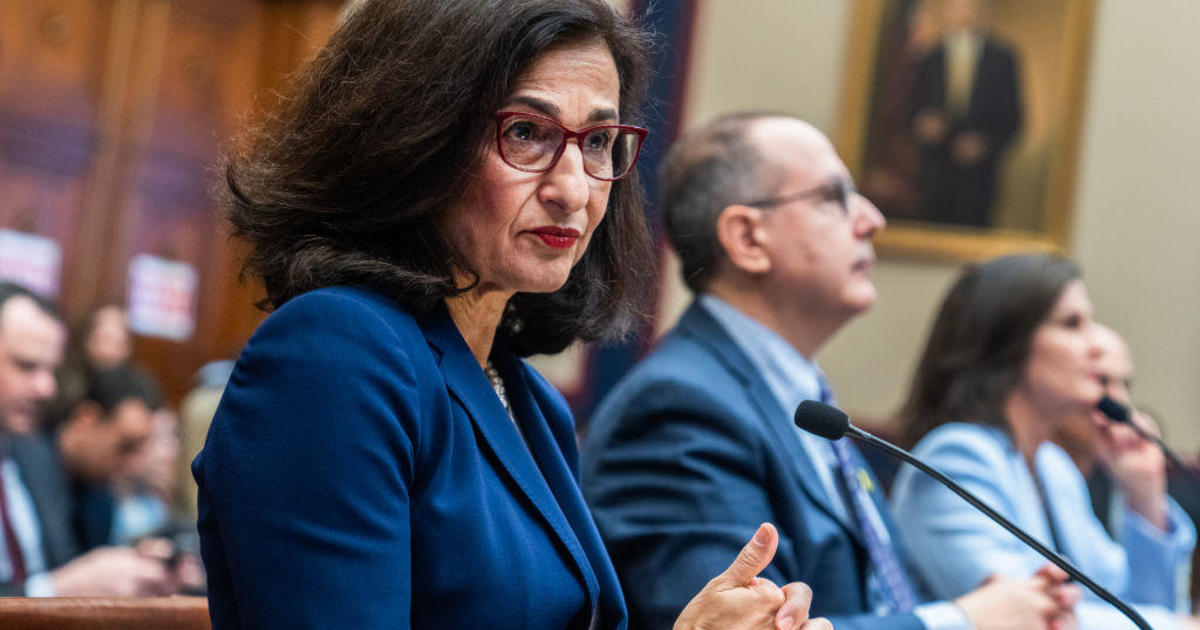Rutgers University Launches Public Course To Train New Farmers In New Jersey
CREAM RIDGE, N.J. (CBSNewYork) -- Farmers are aging out in New Jersey, and there's a new push to bring young blood into the Garden State's industry.
There is a concern in New Jersey about who will be farming the land in the future.
Brendon Pearsall runs Rutgers University's agricultural experiment station.
"The average age of our farmer is approaching 60 years old," he told CBS2's Meg Baker.
Pearsall also runs a new course open to the public called "RU Ready To Farm? Getting Rooted In The Garden State." It's a statewide initiative to train new and beginning farmers.
Participants will learn how to grow, but the main focus is on the business side of farming.
"There's a lot of barriers to entry. Land is very expensive in New Jersey," Pearsall said.
It's also hard to acquire the skills if you aren't born to a farm family, but oftentimes, the next generation leaves the farm for college and goes onto other things. The fact is farming is hard work.
James Klett started his venture when he was just 17. He says a new focus on sustainability and buying local has boosted business, especially from Generation Z and millennials.
"I think with our generation, whether it's because of health concerns or environmental concerns, there's definitely a trend towards organic," he said.
The owner of Good Earth Nursery in Cream Ridge, Alex Stein, says it is a good time to lease or buy from aging farmers.
"There is a lot of opportunity," Stein said.
The program will offer students access to quarter-acre lots and the infrastructure needed to kickstart their careers. A commute via tractor doesn't look so bad.
To learn more about RU's agricultural experiment station, click here.
For information on Beginner Farmer Training Program, please click here.
CBS2's Meg Baker contributed to this report.



